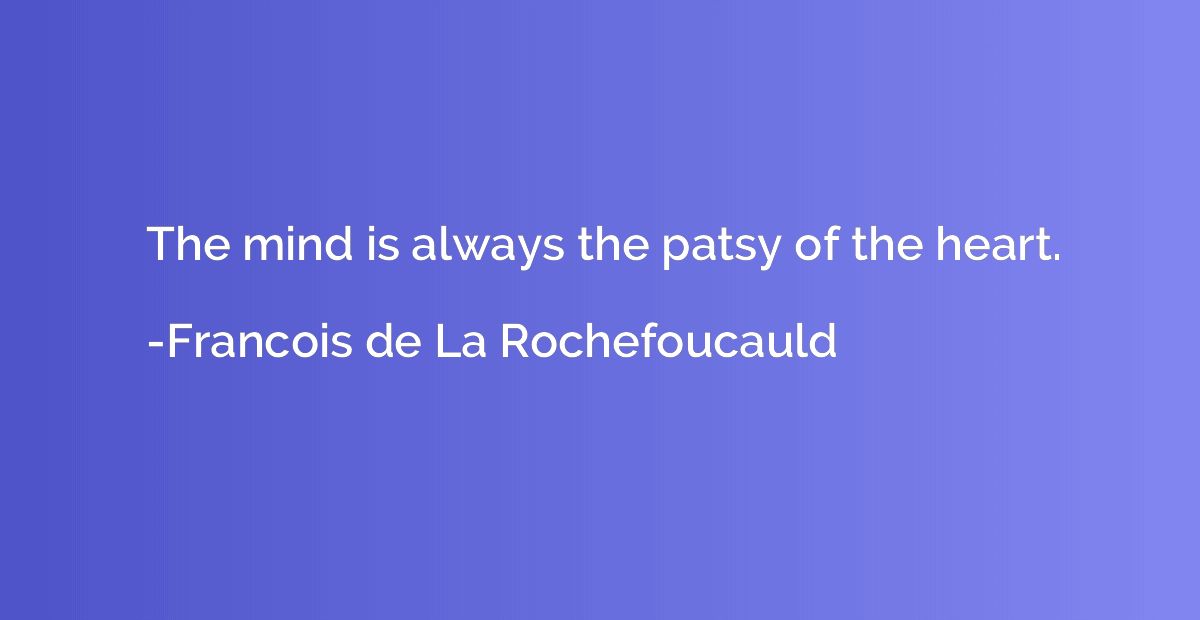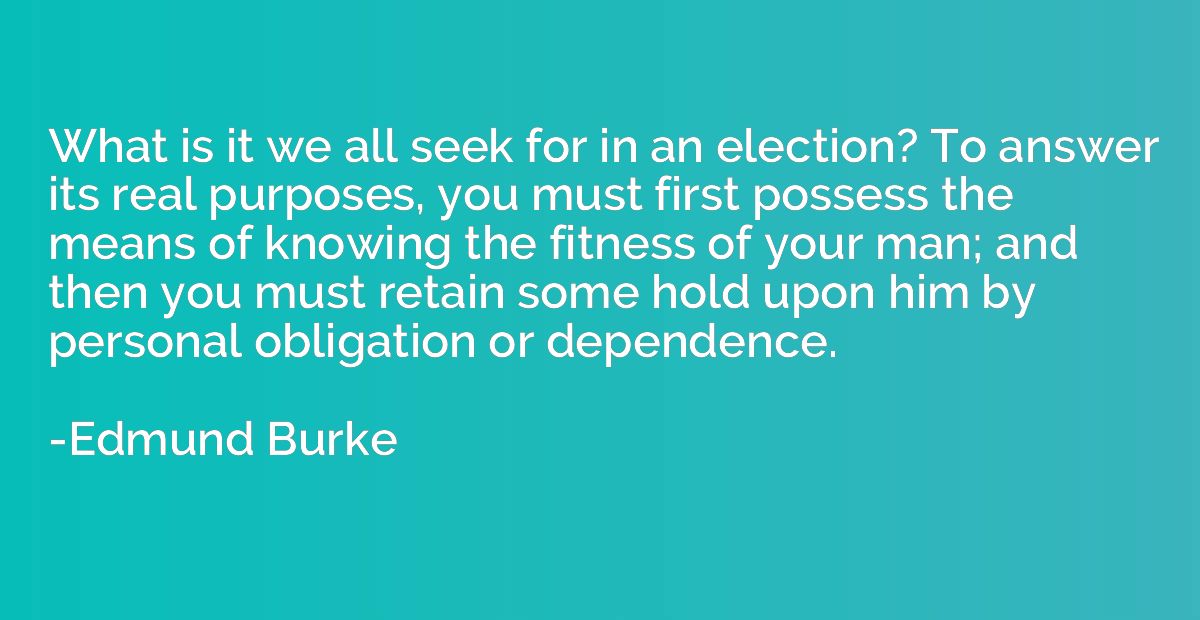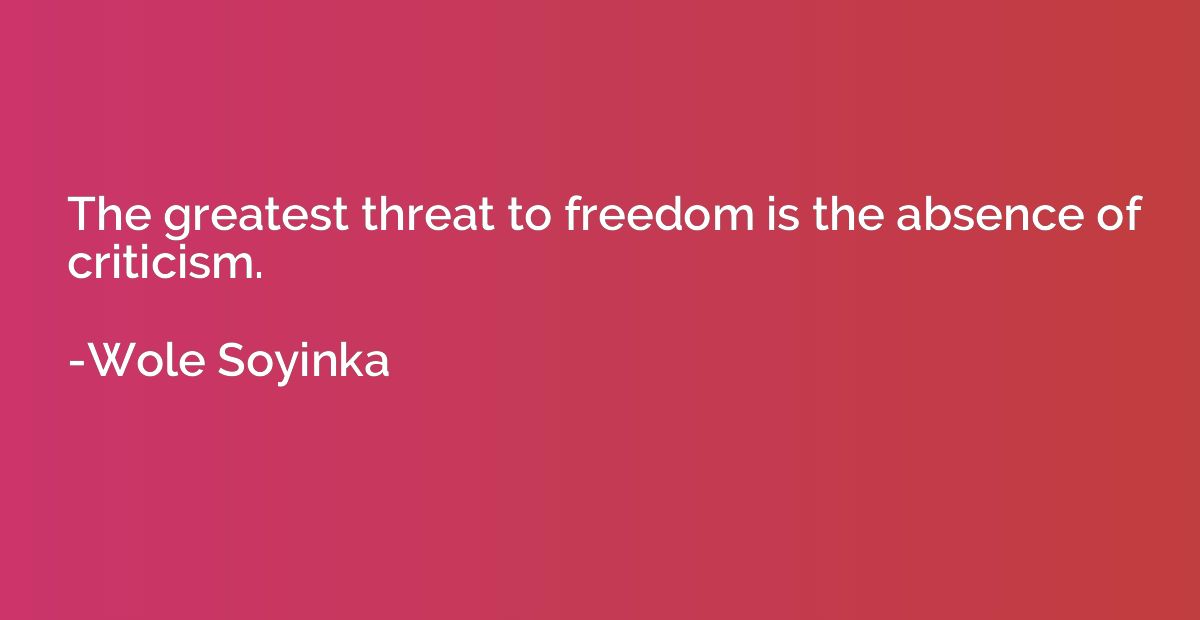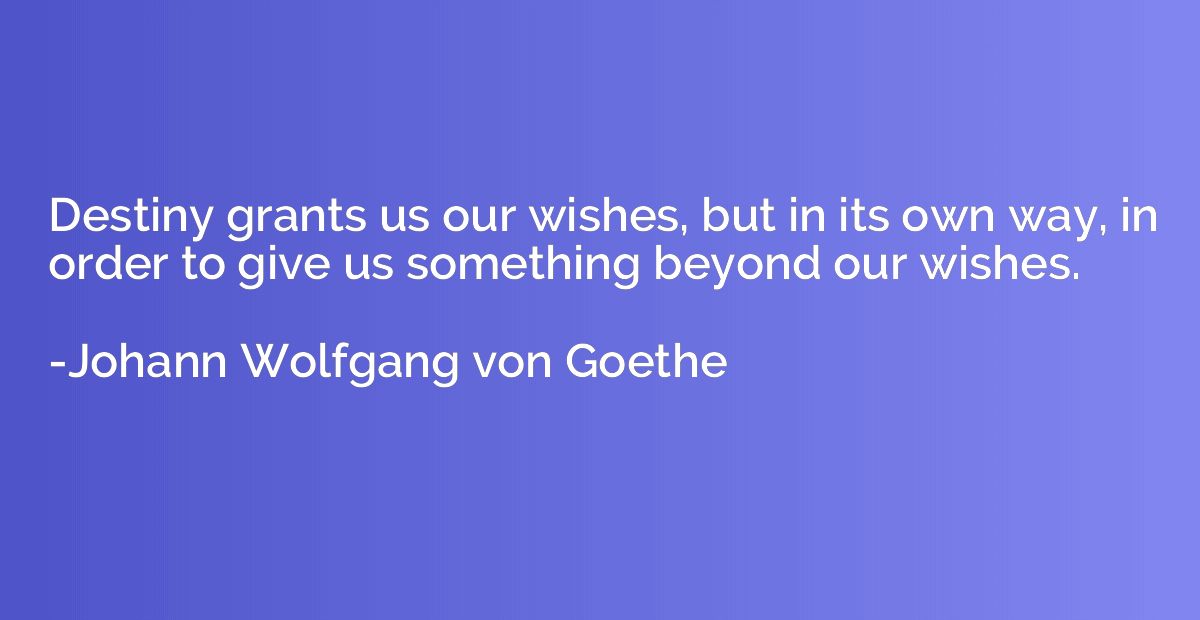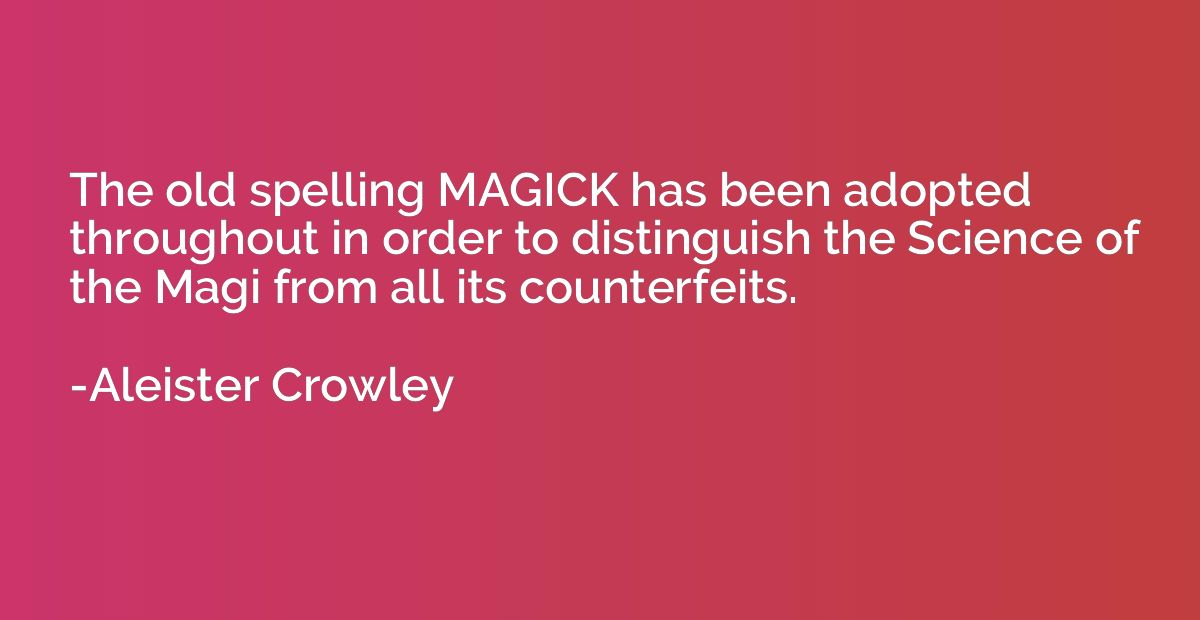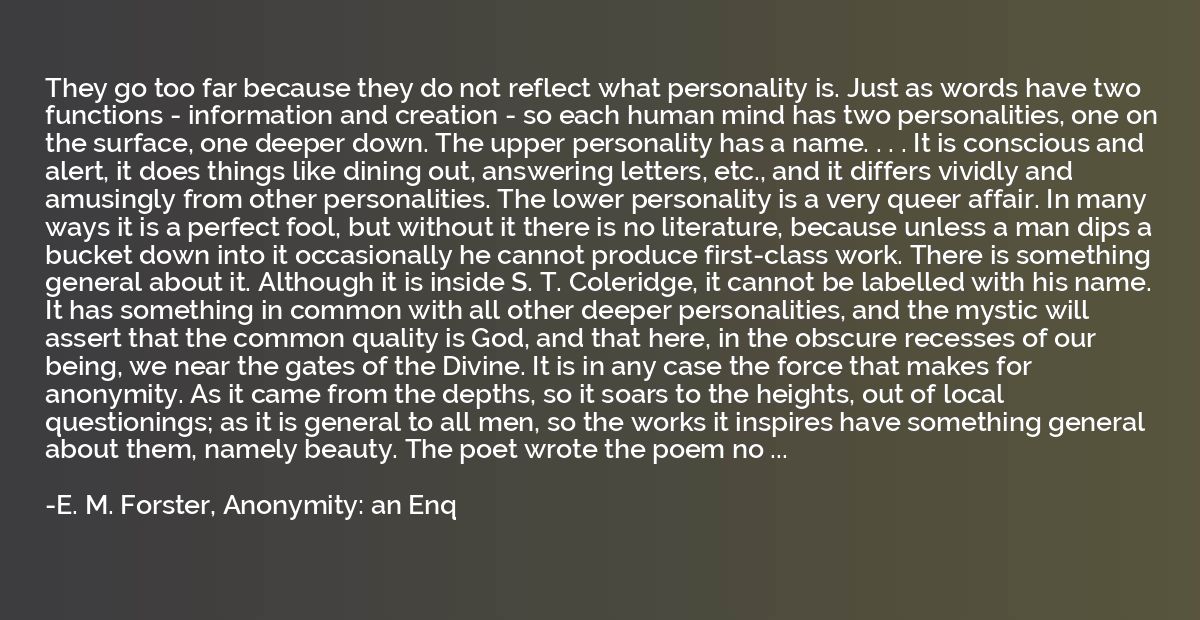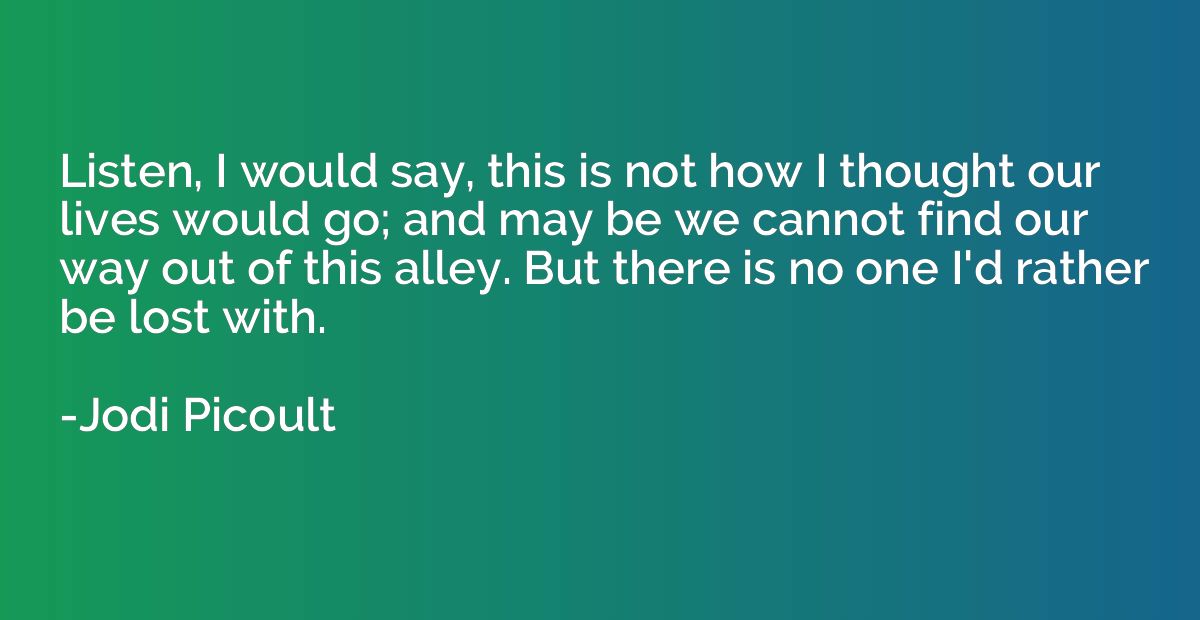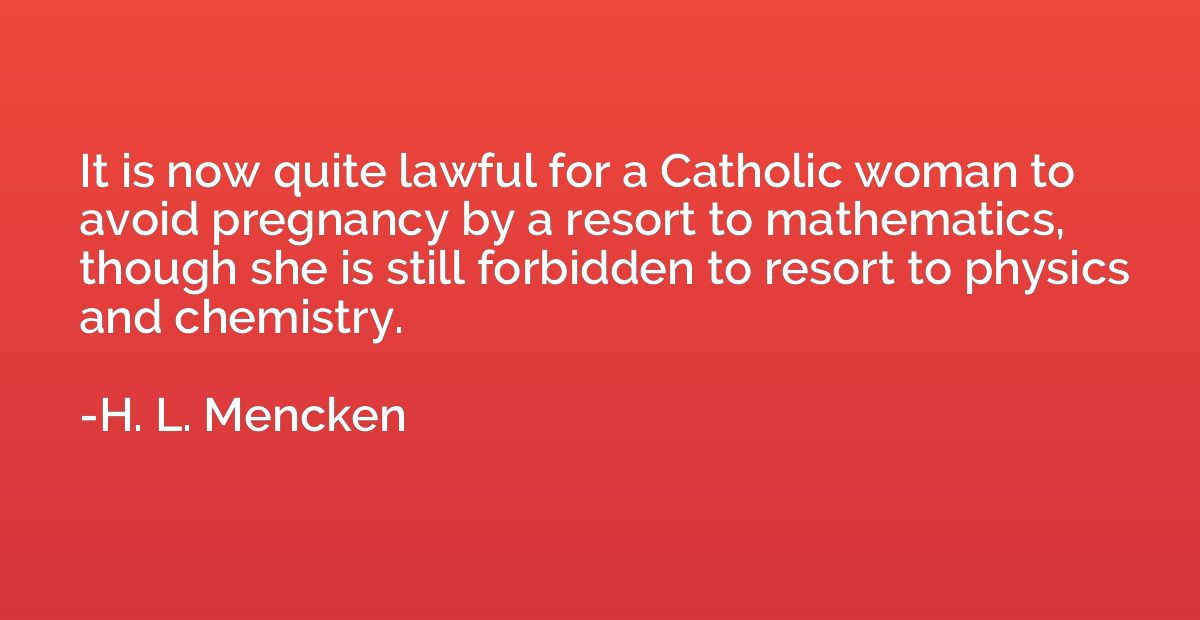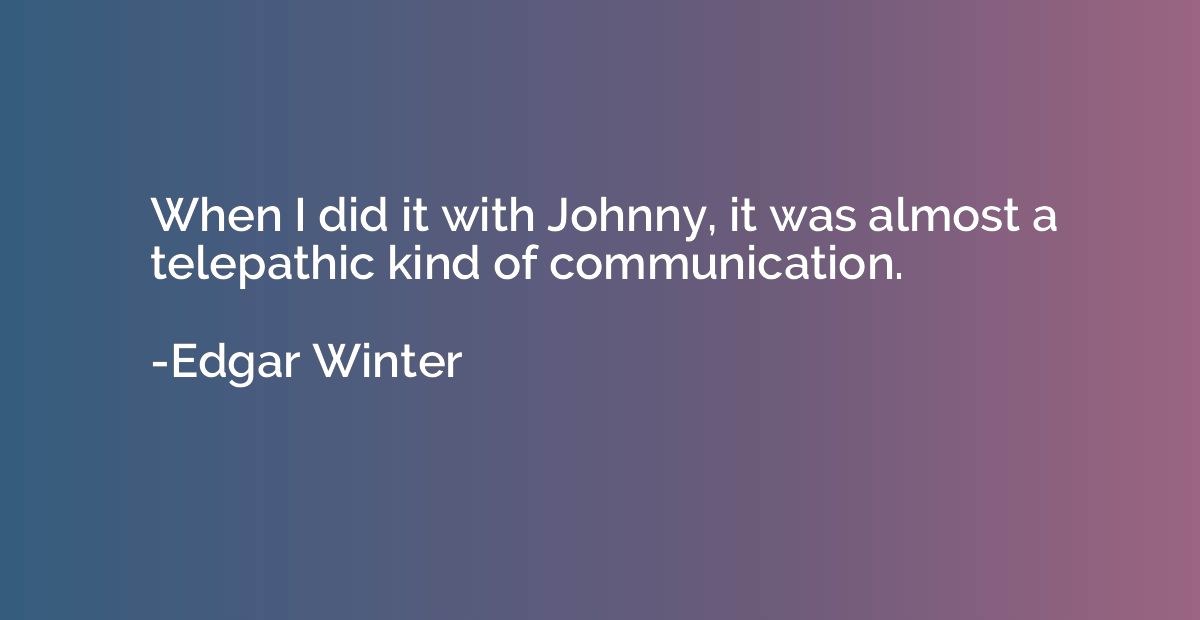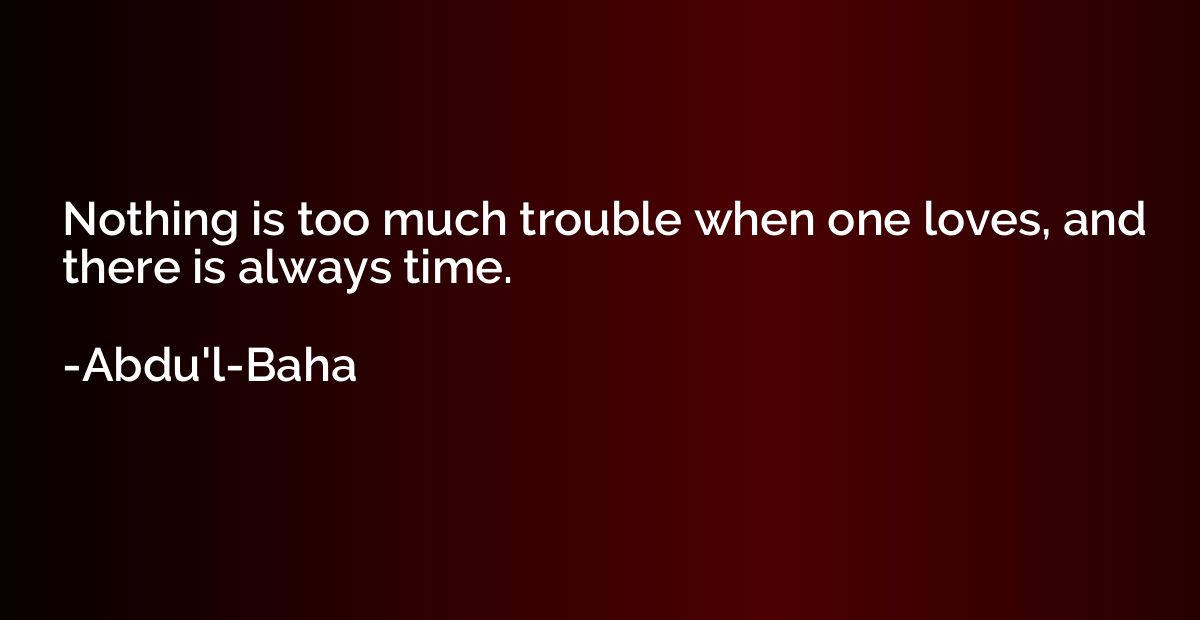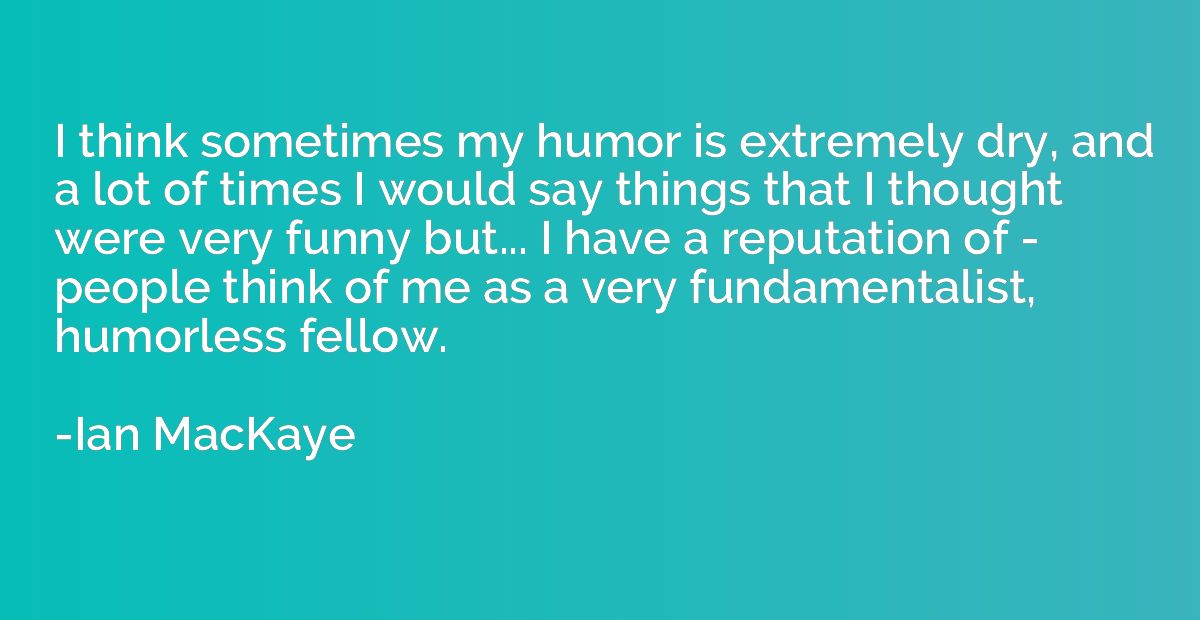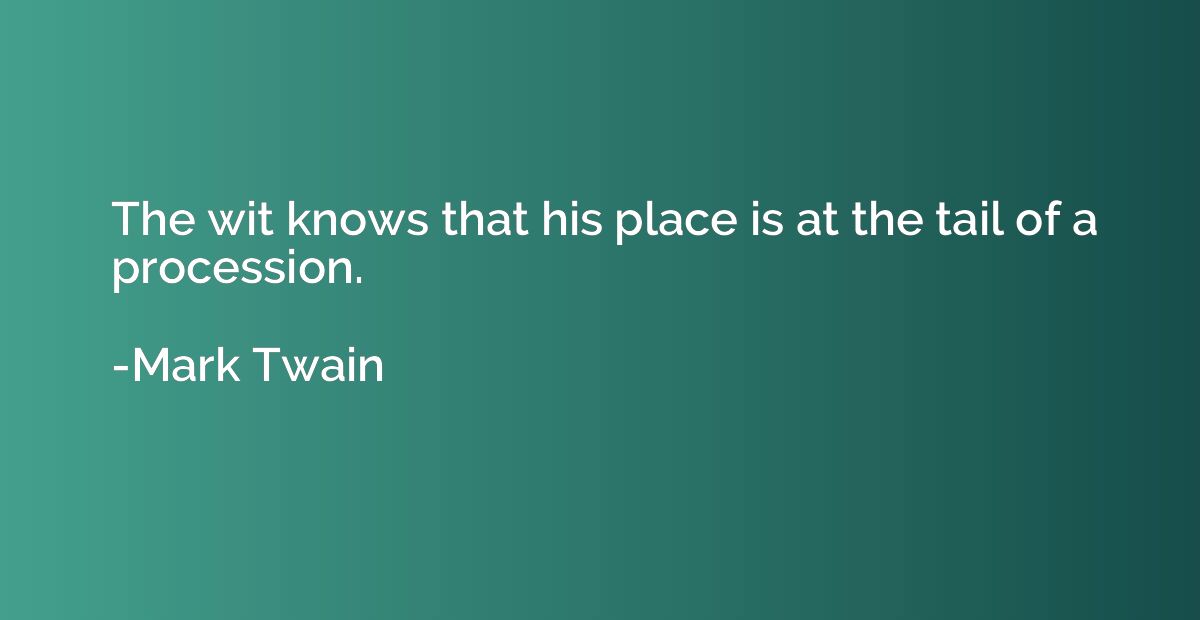Quote by Clark Moustakas
Accept everything about yourself -- I mean everything, You are you and that is the beginning and the end -- no apologies, no regrets.
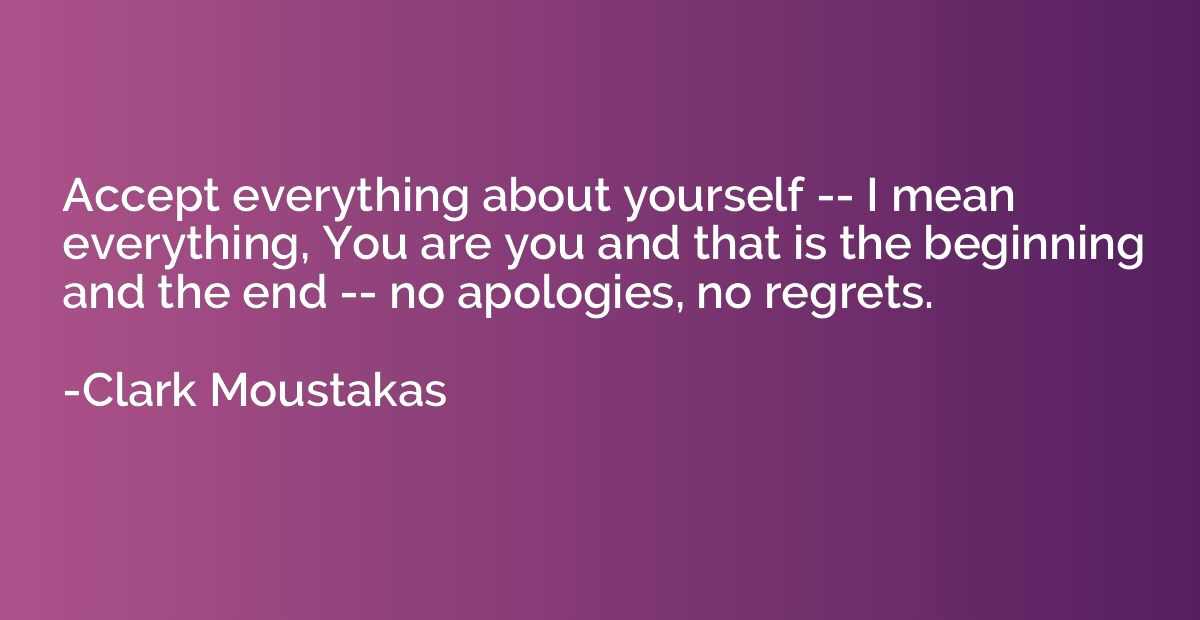
Summary
This quote encourages self-acceptance in its entirety. It emphasizes that we should embrace every aspect of ourselves without reservation or remorse. It urges us to recognize that we are unique individuals and this is where our journey begins. By embracing ourselves wholeheartedly, without the need for apologies or regrets, we can cultivate self-love and live authentically. This quote advocates for embracing our strengths, flaws, and everything in between, allowing us to embrace our true identities.



